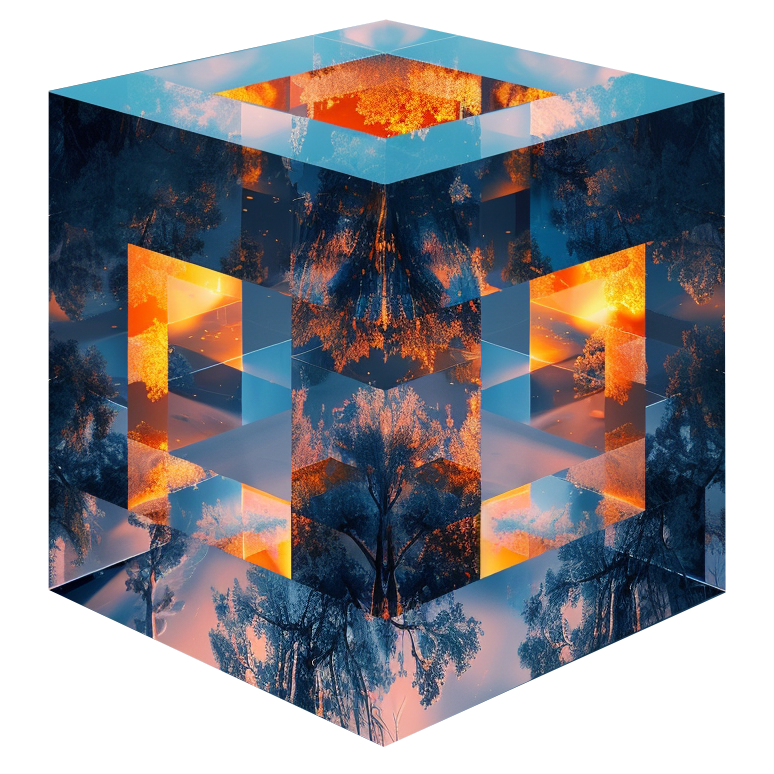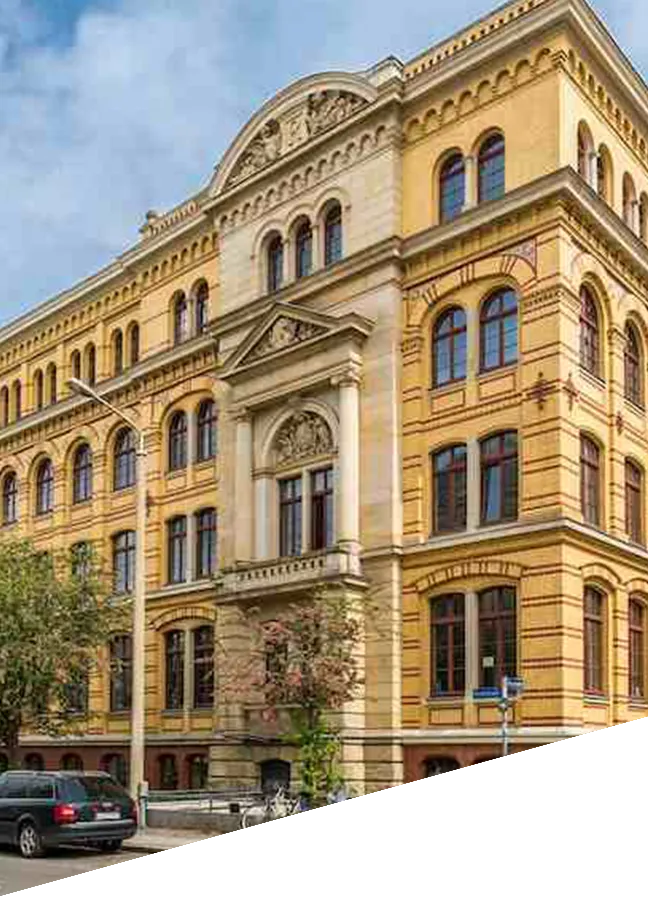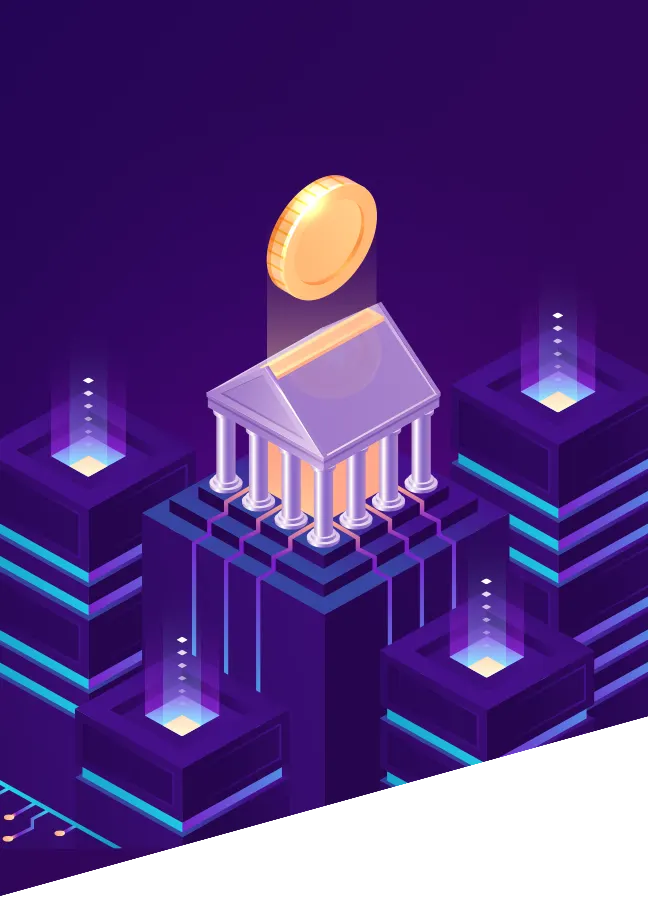Interested in launching a tokenization project in Germany?
Talk to us!

Tokenization in Germany
Germany, known for its rich history, cultural heritage, and economic prowess, stands as the largest economy in Europe and the fourth-largest globally. With a strategic location in the heart of Europe, it offers excellent connectivity and access to major markets. The country’s strong infrastructure, skilled workforce, and commitment to sustainability make it an attractive place to live and work.
For Web3 and blockchain businesses, Germany provides a dynamic tech ecosystem with numerous startups and established companies. The regulatory environment is supportive, fostering innovation while ensuring compliance and security. Additionally, Germany’s robust financial sector offers ample opportunities for funding and investment, making it an attractive destination for launching and scaling Web3 projects.
Why tokenizing in Germany?
Strong Economy
MiCA Regulation
As an EU member state, Germany is ready to implement and enforce the Markets in Crypto Asset (MiCA) regulation.
Strategic Location
Situated in the heart of Europe, Germany offers excellent connectivity and access to major markets.
Quality of Life
The high quality of life in Germany makes it an attractive location for entrepreneurs and employees.
Sustainability Focus
Germany’s commitment to sustainability and renewable energy aligns well with the values of many Web3 projects.
Qualified Specialists and Talents
Germany has a highly skilled workforce, particularly in technology, finance, and legal sectors.
Access to Capital
The strong financial sector in Germany provides ample opportunities for funding and investment in innovative projects.
Innovative Tech Ecosystem
1. BitBond
Type: Debt Token
Bitbond, a company offering services in SME lending introduced the Bitbond Token (BB1), which was Germany’s first security token approved by the regulatory authority BaFin, representing a corporate bond.
The par value per token was €1. The bond was a subordinated unsecured debt. The bond was issued in 2019, with a bond maturity of 10 years, therefore maturing in 2029.
Token holders received 1% interest on their invested amount every quarter (4% fixed coupon rate per year). Additionally, they received a variable coupon rate of 60% of pre-tax profit of Bitbond GmbH paid out once per year. Both the quarterly and the annual coupons continued for 10 years, at which point the token reached its maturity and was bought back at its face value of €1 per token. All coupons and the repayment of BB1 were EUR denominated and paid in XLM using the Stellar blockchain to holders of BB1 at the time of a payment due date. This structure provided an attractive investment opportunity for those interested in the growing field of blockchain and digital assets.
The capital used from the bond issuance is distributed in investments in SME loans on the Bitbond platform (40%), financing of junior notes to leverage available capital (40%), provision of working capital to Bitbond (10%) and administration, marketing, bounty program costs (10%).
Source: Website, stomarket.com


2. Fundament Group
Type: Tokenization of real-estate
Fundament, a real estate-focused platform, successfully built and launched the first security token for real estate investments, gaining approval from the German Federal Financial Supervisory Authority (BaFin).
The Fundament Real Estate Token introduces a novel approach to real estate investment by providing a digital security backed by a diverse portfolio of German real estate valued at €250 million. This tokenized bearer bond is built on the Ethereum blockchain and operates under the ERC-20 token standard.
Investors have the flexibility to choose between investing in euros or the cryptocurrency Ethereum (ETH), with a minimum investment amount of €1. The token comes with subordinated token-based bonds featuring annual variable interest rates.
Fundament’s groundbreaking Real Estate Token addresses the traditional illiquidity of real estate investments by injecting liquidity and enabling global tradeability. Its prospectus, approved by BaFin, ensures compliance and regulatory oversight.
Source: stomarket.com
3. Bloxxter
Type: Tokenization of real-estate
Bloxxter, a Hamburg-based startup, successfully tokenized two prominent Leipzig properties — the Städtisches Kaufhaus and Reclam Carrée.
These properties were made available for investment, starting at €500, with a committed annual return of 3%. Bloxxter aimed to raise €39m with the security token offering while providing a simplified real estate investment vehicle with the use of blockchain technology, reducing costs and streamlining processes.
The Städtisches Kaufhaus and Reclam-Carée, both historically significant, offered investors stability and charm, following extensive renovations in the 1990s. The tokenized assets were premium properties in strategic locations which enhanced the appeal of the investment community.
Risks included issuer default, subordinated loans, lack of deposit protection, and tradability challenges.
Source: Website


4. Metzler
Type: Tokenization of funds
Metzler Asset Management (MAM) introduced German tokenized funds, known as crypto funds, with tokenized assets valued at around €700 million. Germany’s regulatory framework supporting crypto funds included the Electronic Securities Act (eWpG), permitting the use of a centralized or decentralized ledger for bearer bonds. The Fund was tokenized using the Polygon blockchain.
Management of the crypto securities register was handled by one partner, while another facilitated end-to-end processing of tokenized fund units for the first time. Metzler conducted a three-month pilot, limiting fund investment to a select audience. The issuer of the fund shares also acted as both the investor and custodian.
Source: ledgerinsights.com
